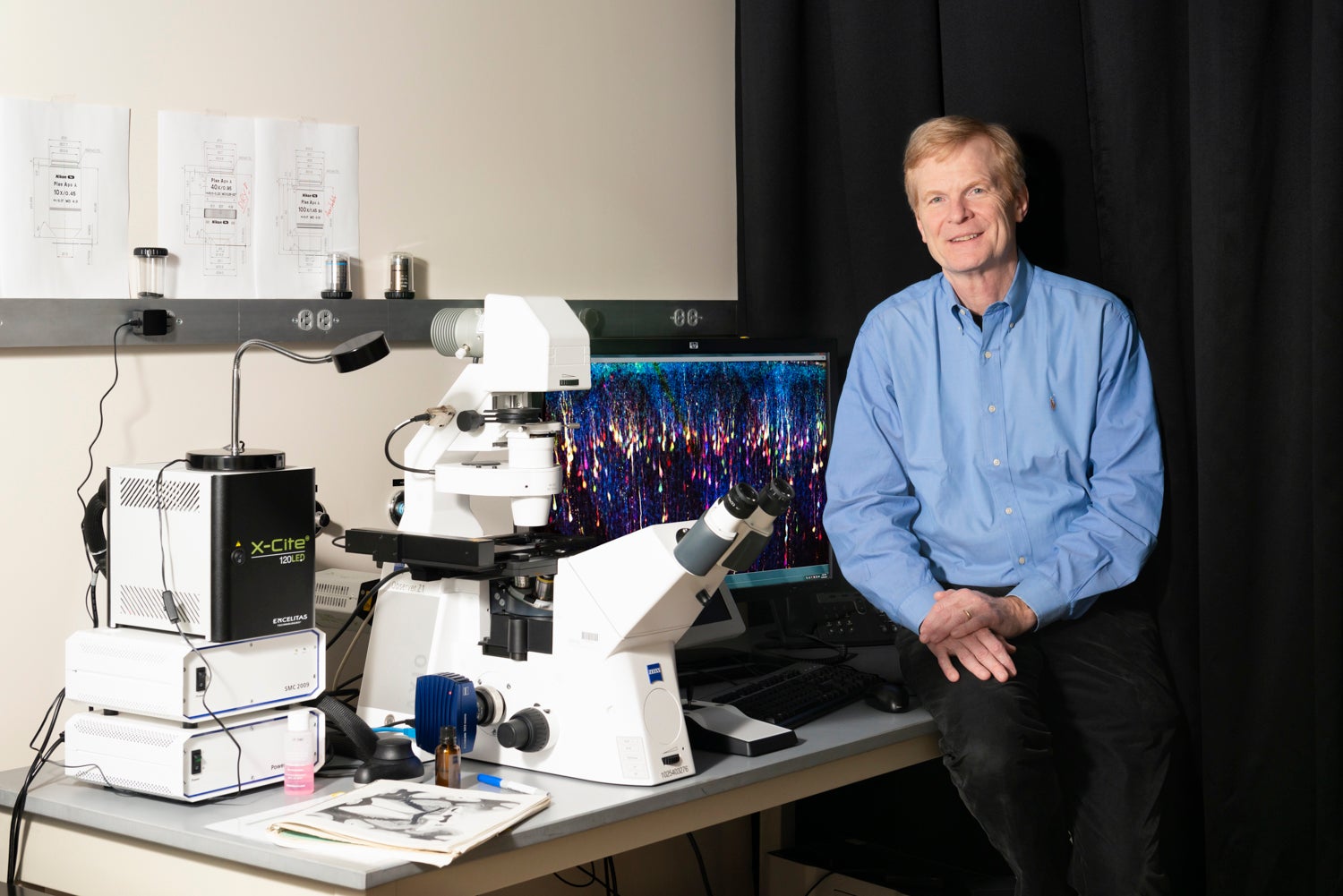Chief, Division of Genetics and Genomics, Boston Children's Hospital
Investigator, Howard Hughes Medical Institute

Our lab is interested in identifying mutations and mechanisms that regulate the normal development and function of the human cerebral cortex. The cortex is the largest structure in the brain, essential for the intellectual functions that we humans pride ourselves on. Mutations in the genes that construct our cerebral cortex cause crippling consequences such as epilepsy, autism, and mental retardation or other learning disorders. We have already identified several dozen human disease genes over the past years. Not only are these genes vital for the normal development of the cortex, but some of them also have been altered evolutionarily to allow the unique aspects of the brain that underlie human cognitive abilities. Therefore these genes define in some sense what makes us uniquely human. Recent interests of the lab include identifying somatic mutations in the human brain—mutations present in some cells and not others—as a cause of some forms of autism and epilepsy, as well as using somatic mutations that occur in the normal brain to reconstruct the pattern of cell lineage of the human brain post-mortem. In addition, we are using the human genetics of neurological disease to identify those portions of the genome that are most critical for the evolution of the human brain. This latter work has recently been supported by the formation of an Allen Discovery Center for Human Brain Evolution at Boston Children’s Hospital and Harvard Medical School, along with Drs. Michael Greenberg and David Reich.
